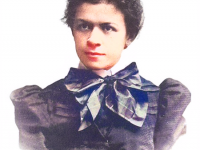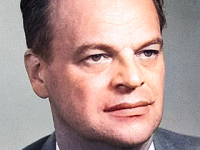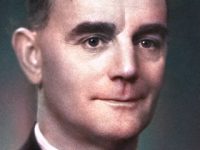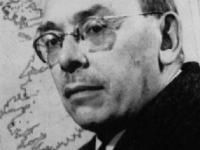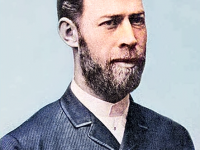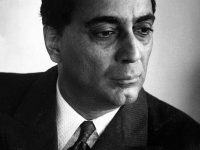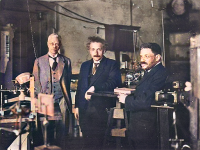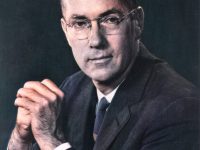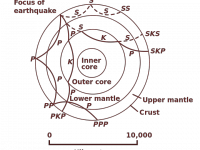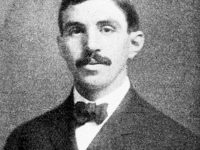Mileva Marić – The Theory of Relativity and Missed Opportunities
On December 19, 1875, Serbian physicist Mileva Marić, sometimes called Mileva Marić-Einstein, was born. Marić was the second woman to finish a full program of study of mathematics and physics at ETH Zurich, where she met her future husband Albert Einstein. When Einstein received the Nobel Prize in 1921 after their divorce, he transferred the prize money to Marić. The question whether (and if so, to what extent) Marić contributed to Einstein‘s…
Read more

